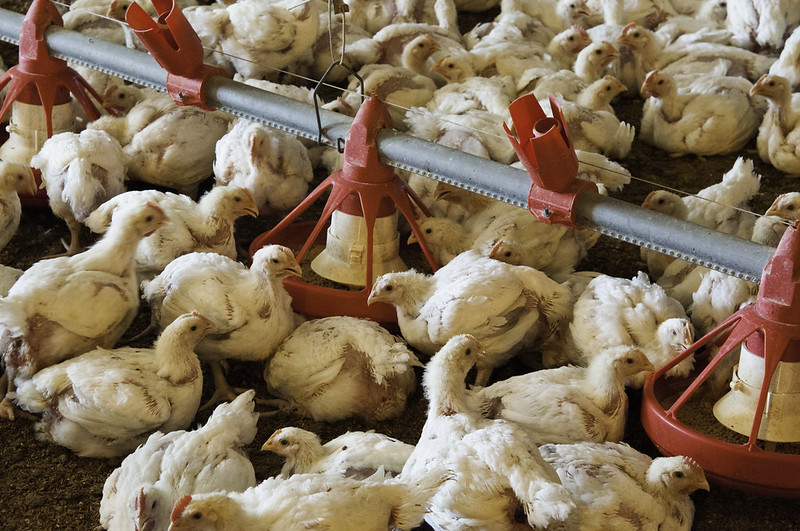Burkina Faso has recently implemented a significant policy change by halting the importation of broiler chicks, aiming to foster self-sufficiency and bolster the nation’s poultry industry. This decision was announced by the Ministry of Agriculture, Animal Resources, and Fisheries on Friday, October 3. In a press statement, the ministry confirmed that all permits for the import of broiler chicks are now suspended until further notice.
The ministry’s new directive emphasizes that the Directorate General of Veterinary Services will no longer grant new import authorizations. This decision comes on the heels of thorough evaluations indicating that domestic hatcheries possess the capacity to fully satisfy the needs of poultry producers across the country. The suspension is applicable to all varieties of chicks bred specifically for meat production, regardless of breed or genetic strain. By doing so, the government aims to enhance reliance on local suppliers and invigorate the national poultry sector.
Authorities have articulated that this decisive action is intended to diminish dependence on foreign imports, thereby creating a more favorable environment for both local entrepreneurs and international investors interested in the poultry market. By eliminating the import of chicks, the government hopes to stimulate the growth of domestic hatcheries, allowing them to expand their production capabilities and gradually replace the volumes previously sourced abroad with homegrown alternatives.
Data from the Trade Map platform reveals that between 2020 and 2024, Burkina Faso imported an average of approximately $736,000 worth of broiler chicks each year. Notably, the highest recorded import value occurred in 2024, climbing to around $1.06 million, with key suppliers including Morocco, Belgium, France, and Turkey contributing to this market.
Poultry production is a critical aspect of Burkina Faso’s agricultural landscape, representing about 6 percent of the country’s overall agricultural value added. This essential sector serves vital roles in supporting rural livelihoods and contributing to national food security. Each year, Burkina Faso produces over 140,000 tonnes of poultry meat and roughly 6,000 tonnes of eggs, both figures reflecting a consistent upward trend over the past decade.
Historically, the economic significance of poultry is evident, with the value of poultry production estimated at $80 million in 2009, which grew substantially to over $140 million by 2011, highlighting the sector’s gradual expansion before the recent shift in policy. In conjunction with cattle, poultry constitutes a foundational element of Burkina Faso’s livestock economy, accounting for nearly 16.5 percent of total meat consumption nationwide.
While the import ban may bring about some immediate supply adjustments, government officials reassure that the local industry has adequate capacity to maintain stable production levels. The Ministry of Agriculture has confirmed that this suspension will remain in place until a comprehensive review verifies that local production can confidently meet demand without resorting to imported chicks.



